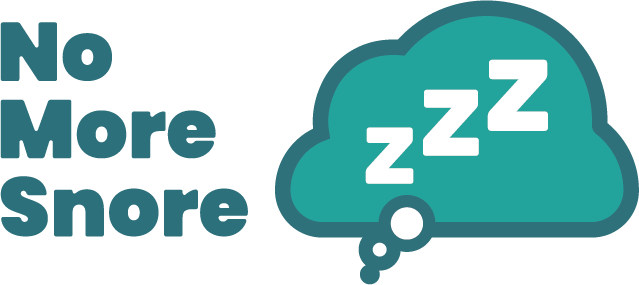Sleep apnea is a sleep disorder that affects both men and women. However, it is often under diagnosed in women due to various reasons, including differences in symptoms and risk factors. Sleep apnea can have significant implications for women’s health and well-being. In this blog, we will explore the unique considerations and challenges associated with sleep apnea in women, shedding light on the importance of early recognition, diagnosis, and treatment.
Prevalence and Risk Factors:
Sleep apnea is commonly associated with obesity and older age in men. However, in women, the risk factors and prevalence differ. While obesity is still a significant risk factor for sleep apnea in women, hormonal changes, pregnancy, menopause, and certain medical conditions can also contribute to the development of sleep apnea. Pregnancy-related hormonal changes, such as increased progesterone levels, can cause relaxation of the airway muscles, making pregnant women more susceptible to sleep apnea. Additionally, menopause can lead to weight gain and changes in upper airway anatomy, further increasing the risk.
Symptoms and Presentation:
Women with sleep apnea may exhibit different symptoms compared to men, leading to misdiagnosis or delayed diagnosis. While excessive daytime sleepiness is a common symptom in both genders, women may also experience other subtle signs, including insomnia, morning headaches, fatigue, mood disturbances, and difficulty concentrating. Additionally, women are more likely to report non-specific symptoms such as snoring, restless legs, or frequent nighttime awakenings. These differences in symptom presentation can make it challenging to recognize sleep apnea in women, as these symptoms are often attributed to other conditions or disregarded as normal sleep disturbances.
Impact on Health and Well-being:
Untreated sleep apnea can have significant health consequences for women. It increases the risk of cardiovascular diseases, hypertension, stroke, diabetes, and depression. In women, sleep apnea has been associated with an increased risk of gestational diabetes, preeclampsia, and adverse pregnancy outcomes. Sleep apnea can also exacerbate existing conditions such as polycystic ovary syndrome (PCOS) and can contribute to weight gain and metabolic dysregulation. Therefore, it is crucial to address sleep apnea in women to prevent or manage these potential health complications.
Diagnosis and Treatment:
Diagnosing sleep apnea in women requires awareness and consideration of their unique symptoms and risk factors. Healthcare professionals should maintain a high index of suspicion, especially during pregnancy, menopause, or when evaluating women with symptoms such as chronic fatigue, mood disturbances, or insomnia. The gold standard diagnostic tool, polysomnography, is used to assess sleep apnea severity. However, alternative home-based sleep studies may be considered as well. Treatment options for sleep apnea in women include lifestyle modifications (weight loss, regular exercise), positional therapy, oral appliances, positive airway pressure therapy (e.g., CPAP), and in some cases, surgical interventions.
Sleep Apnea Awareness and Support:
Raising awareness about sleep apnea in women is essential to encourage timely diagnosis and treatment. Education campaigns, support groups, and healthcare provider training can play a crucial role in improving recognition and addressing the unique challenges faced by women with sleep apnea. Encouraging open communication about sleep disturbances and symptoms between women and their healthcare providers is vital for early intervention.
Sleep apnea in women presents unique considerations and challenges that differ from those in men. Understanding the risk factors, symptom presentation, and potential health consequences is crucial for healthcare professionals and women themselves. By promoting awareness, early recognition, and appropriate treatment, we can help improve the quality of sleep and overall well-being for women affected by sleep apnea. If you suspect you or a loved one may have sleep apnea, it is important to consult with a healthcare professional specializing in sleep medicine for proper evaluation and guidance.

